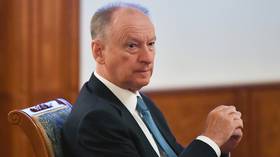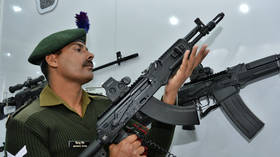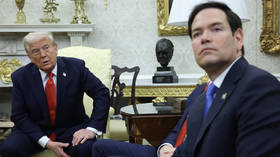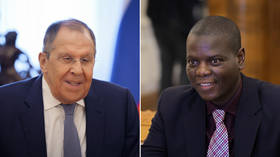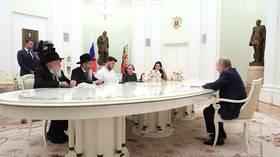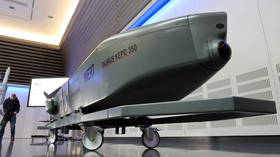EU threatens to widen sanctions
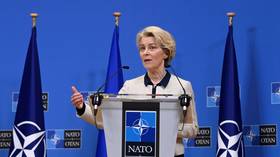
The European Union is planning to impose fresh sanctions on Belarus over its military cooperation with Russia amid the ongoing conflict in Ukraine, European Commission President Ursula von der Leyen said on Tuesday.
Speaking following the signing of a new NATO-EU cooperation agreement, von der Leyen said Brussels was preparing sanctions against countries supporting Moscow militarily, pointing specifically to Belarus and Iran.
“We will keep pressure on the Kremlin for as long as it takes with a biting sanctions regime, we will extend these sanctions to those who militarily support Russia’s war such as Belarus or Iran,” she said.
“And we will be coming forward with new sanctions against Belarus answering their role in this Russian war in Ukraine.”
On Monday, the Belarusian Defense Ministry announced joint training exercises with Russia following the two nations’ establishment of a new military force. Moscow and Minsk announced the creation of a joint regional military force in October, citing the growing presence of NATO troops near Belarus’ borders.
Minsk has also allowed Moscow to use its territory during its ongoing military offensive in neighboring Ukraine, though it declined to provide troops for the operation.
In December, the EU announced sanctions on Iranian leaders and entities over accusations that Moscow was using Iranian-supplied drones in Ukraine, something which both Moscow and Tehran have denied.
Von der Leyen also said on Tuesday that Ukraine should be given “all the necessary military equipment they need and they can handle to defend their homeland,” including “advanced air-defense systems.”
European Council President Charles Michel agreed, noting that he had “repeatedly called for greater military support for Ukraine in order to guarantee its ability to defend itself” and arguing that Kiev was not only fighting for itself but for Europe’s “common values.”
NATO Secretary General Jens Stoltenberg, also present at the press conference, said Brussels recognizes “the value of a stronger and more capable European defense” that is “complementary to, and interoperable with, NATO.”
He added that he was determined to take the EU-NATO strategic partnership to “the next level” amid evolving security threats in Europe.
